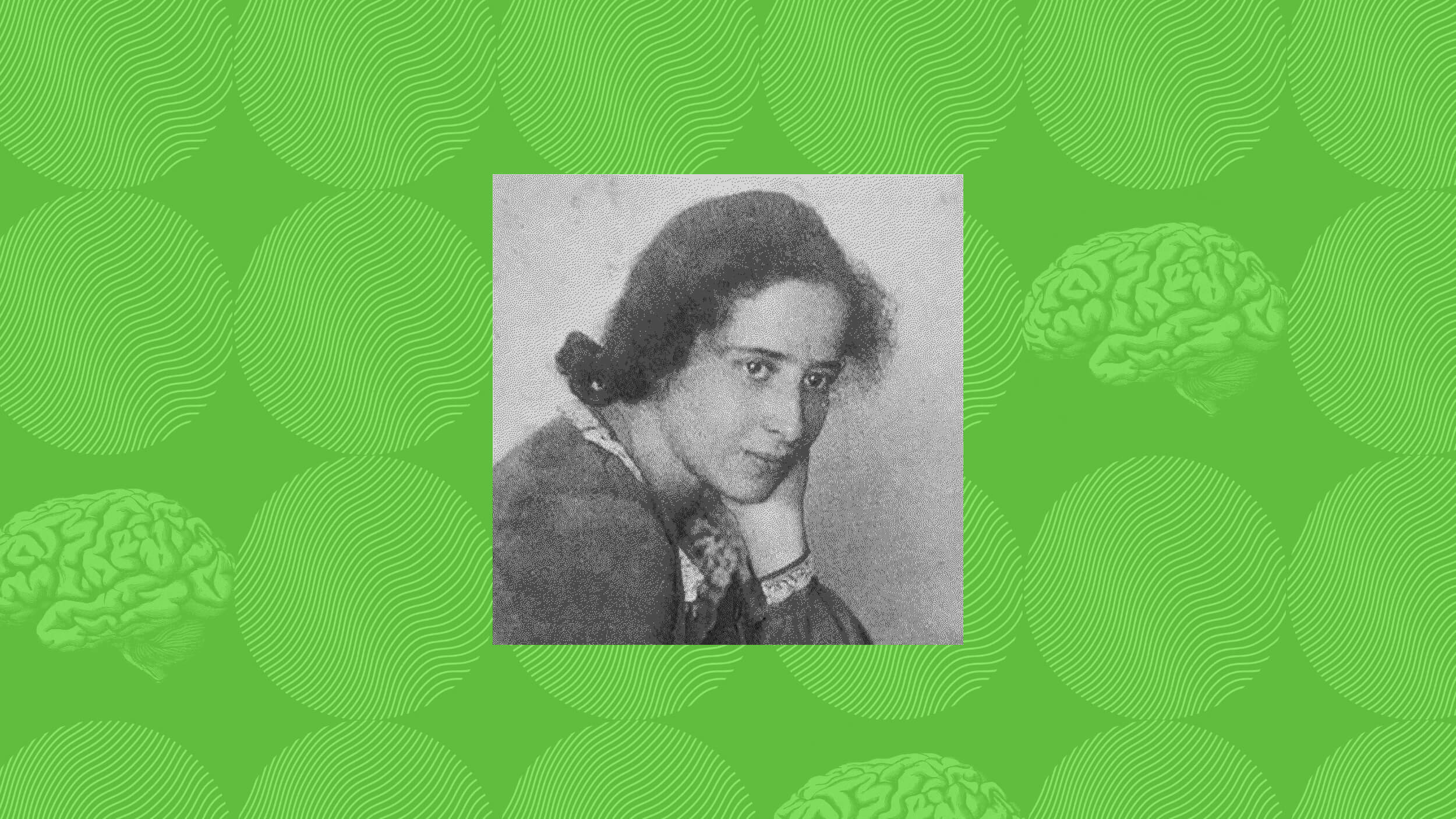Layli Miller-Muro shares with us how she began the Tahirih Justice Center, an organization dedicated to helping women who seek political asylum due to gender-based persecution (http://www.tahirih.org/). Miller-Muro is the co-author of Do They Hear You When You Cry (http://goo.gl/BMzbeU).
Layli Miller-Muro: All throughout my life I've had a strong interest in justice issues. I grew up in the South outside of Atlanta and there at very young ages I was exposed to some severe racism and became dedicated to trying to address it. I ended up working for the Martin Luther King Center for Nonviolent Social Change. I became very involved in my community and the issue of justice and the fact that so many people don't have access to it was something that I was acutely aware, as well as aware of my own privilege and opportunities perhaps to do some things about it. That inspired me to go to law school and when I went to law school I had the honor of representing a young woman who was from West Africa and she was fleeing a forced marriage where she would have been the fourth wife of a 45 year old man at the age of 17. And she was fleeing female genital mutilation, a very life threatening cultural practice that several of her cousins had died from. And she entered the U.S. Immigration system because she was honest.
Having fled here she passed off her passport to the immigration authorities and said this is not mine but I have fled for my life under these circumstances. And as a result, as a 17 year old whose only crime was to flee violence and to want justice she was placed in our immigration detention center and then also spent many months in maximum security prison with American convicted felons. And during that time as a law student I represented her. I argued her case before the immigration judge. We lost and then I took her case to American University where I was a law student and worked there on her case on appeal and it was appealed to the highest immigration appellate court. And at that level she won and her case set national precedent and established for the first time that what we now call gender based persecution, because of female genital mutilation in her case, can be a grounds for refugee status or asylum in the United States. Prior to that things that happened to women simply because they were women was not considered a basis for protection. So her case had a tremendous influence on the law and the United States recognition of these things.
As a result of the publicity in her case I began getting phone calls from women and girls who were desperate for help. As a law student I was ill equipped to assist them and then there was also commercial interest in her story and my story as helping her as a law student. And so she and I wrote a book together called Do They Hear You When You Cry. And I used all of my portion of the proceeds of that book to start the Tahirih Justice Center.
The Tahirih Justice Center provides free legal and other services to immigrant women and girls who are utilizing U.S. law to reject a violence and seek justice. And so they face a wide range of things like female genital mutilation, honor crimes, forced marriage, rape, domestic violence. And they come from all over the world. No culture, no community, no religion is immune from violence against women and they represent that. And so Tahirih meets that need. The women who come to us are desperate in the moment they come. But they're incredibly courageous and heroic women. And they can demand justice for themselves. They will rebuild their lives and they will change their communities, their cultures and their family. But in that moment when they've rejected violence and in that moment when they've come to us they need a lawyer and they need a helping hand.
And so that's what we do. We support them with legal services. They're free. We help them access justice and we help them rebuild their lives because, of course, justice is only found partially in the courtroom. There's a lot of other stuff that goes into it and so we also support them with psychology, therapy, medical services, emergency housing, job skills training and that kind of thing. When the Tahirih Justice Center's clients come to us they lack the resources that many U.S. born women have. They are statutorily ineligible for legal aid in the same way that U.S. citizens have access to it. Their lack of English may make our already foreign culture and laws even less accessible to them. They often lack a network of family and friends and financial resources. And so they're extremely vulnerable and we help meet that need by providing free legal services.
Directed/Produced by Jonathan Fowler, Elizabeth Rodd, and Dillon Fitton





